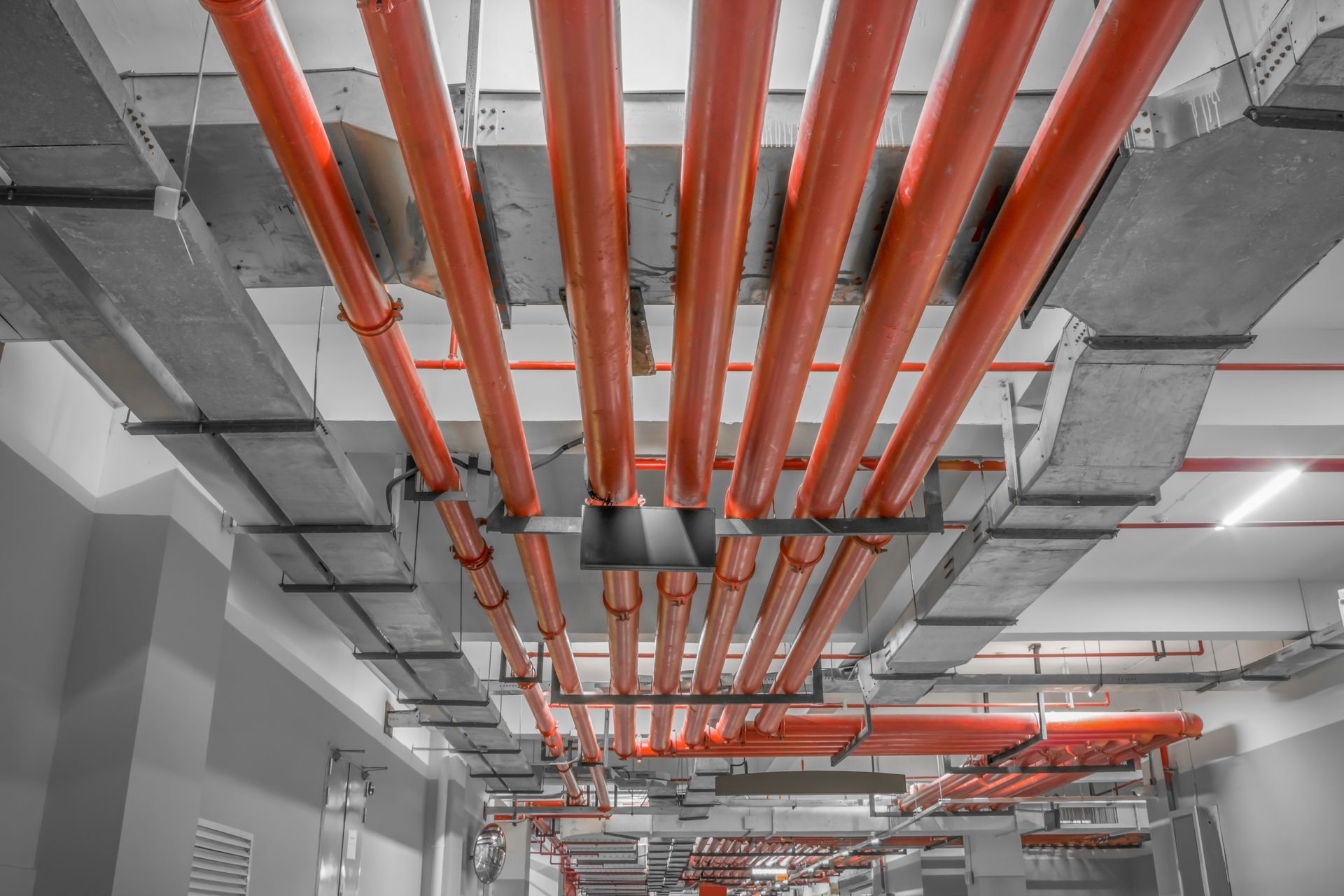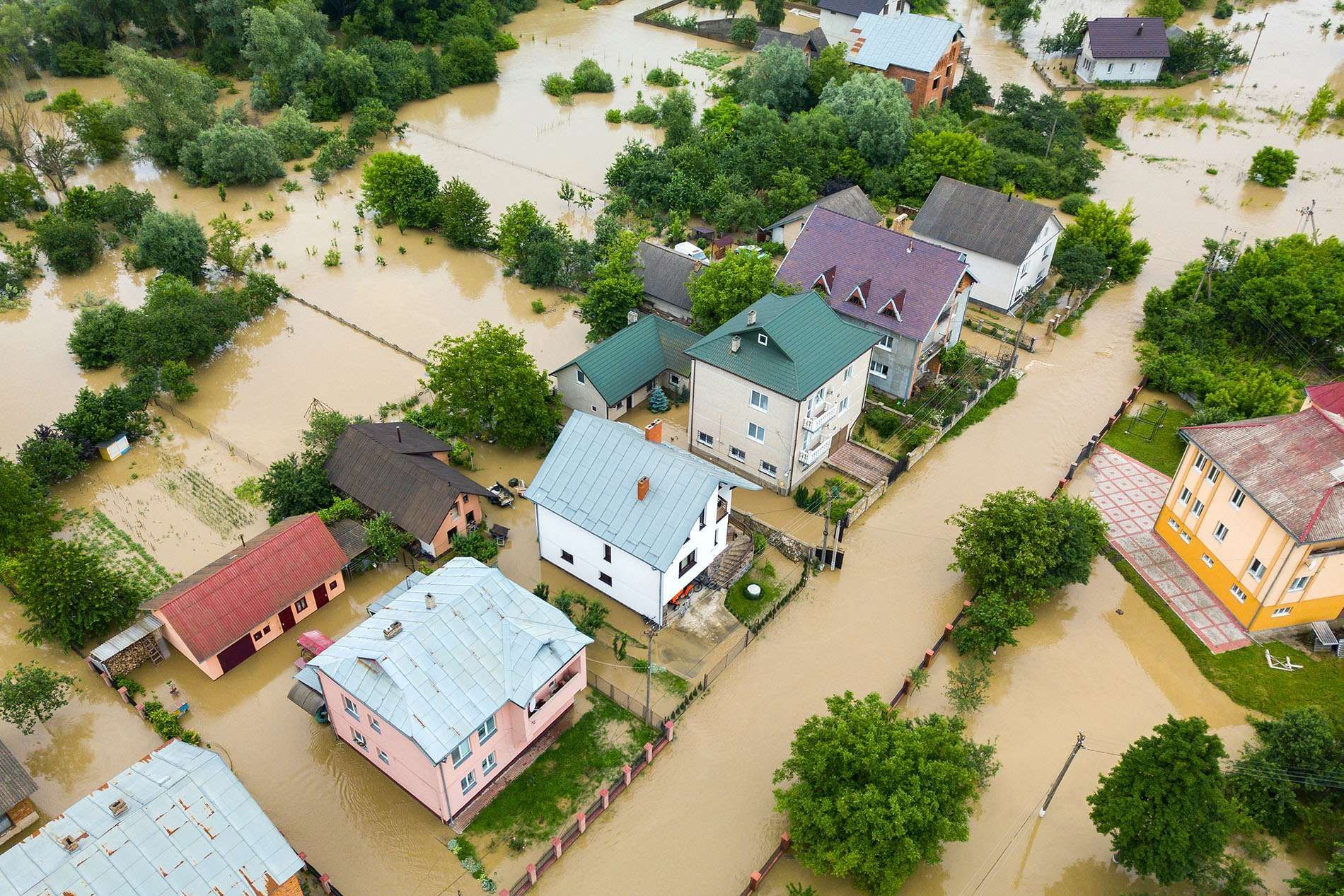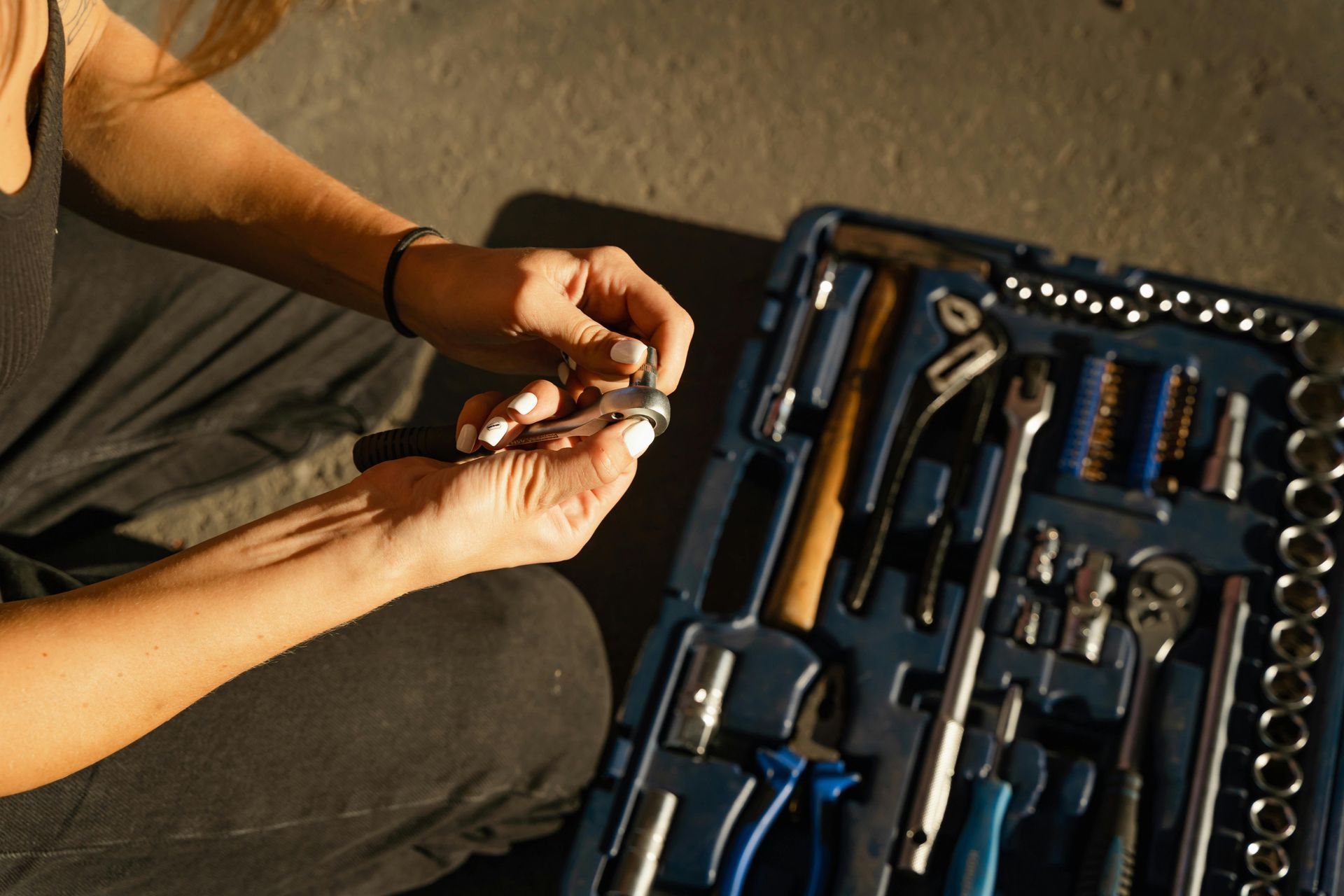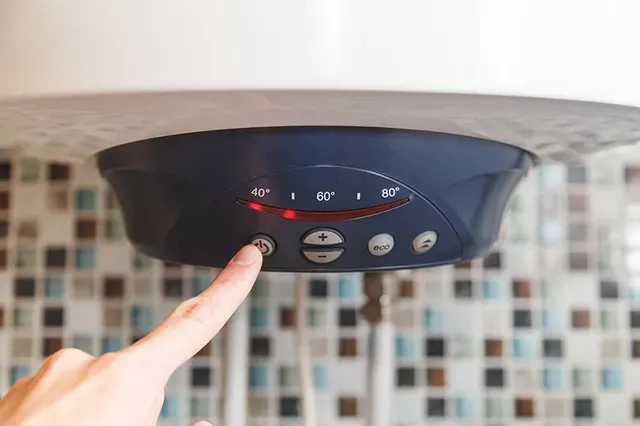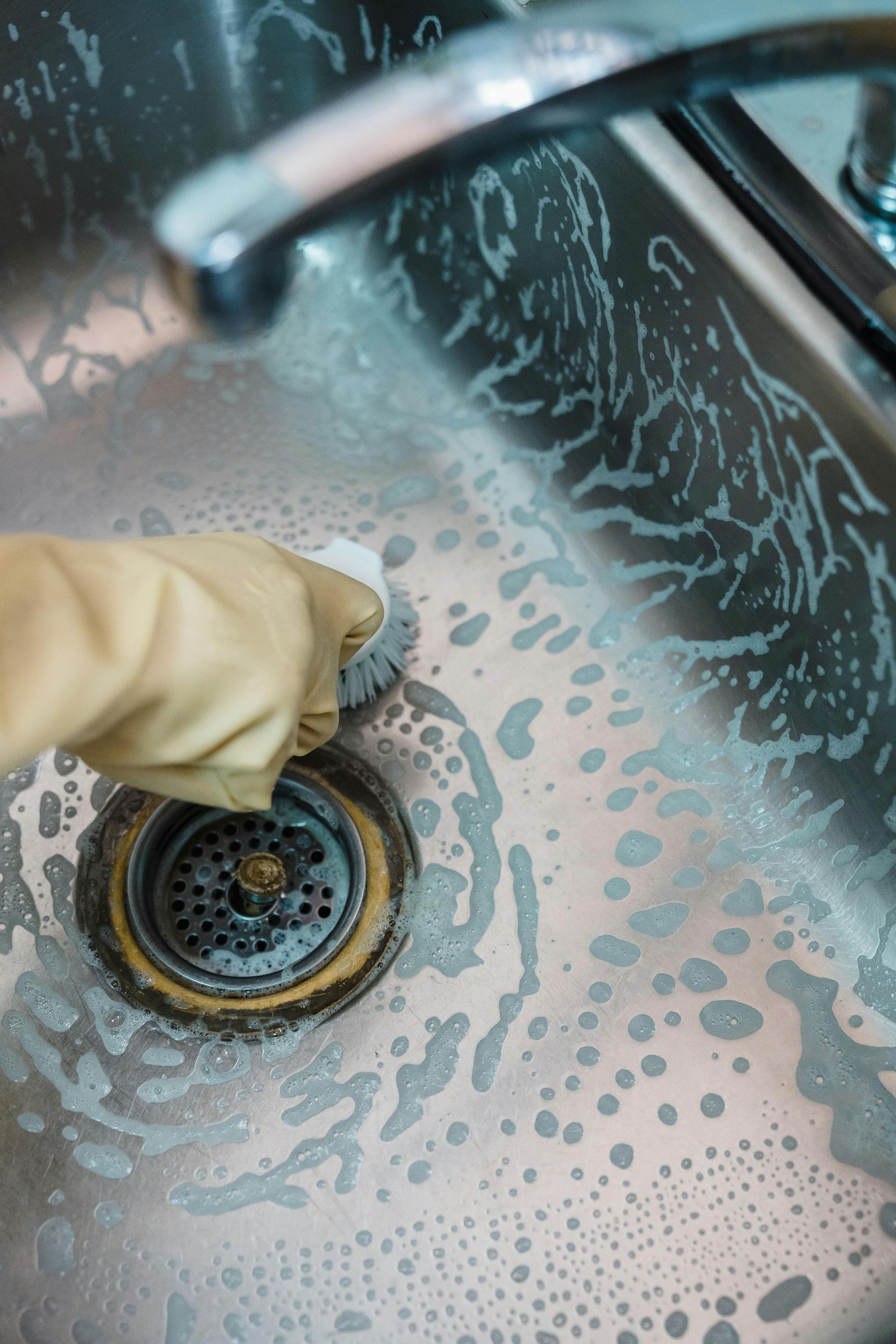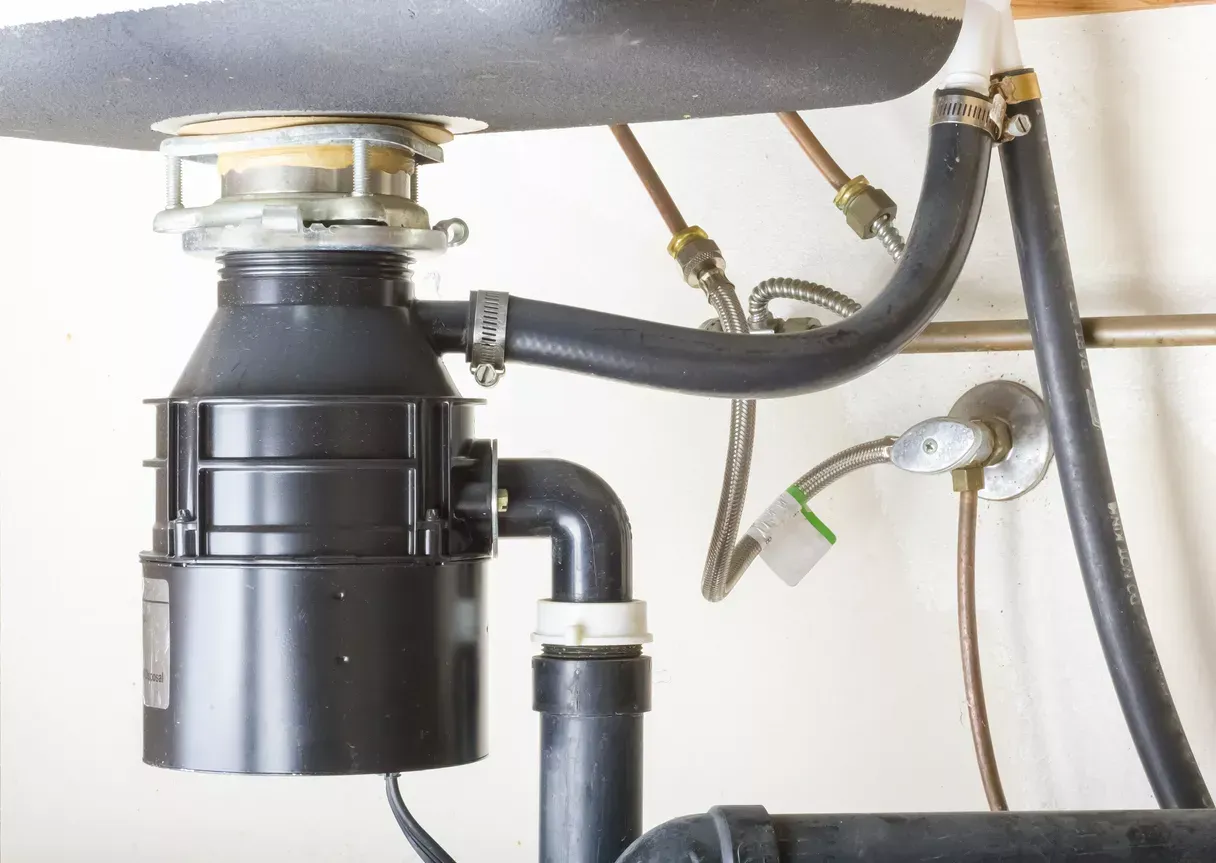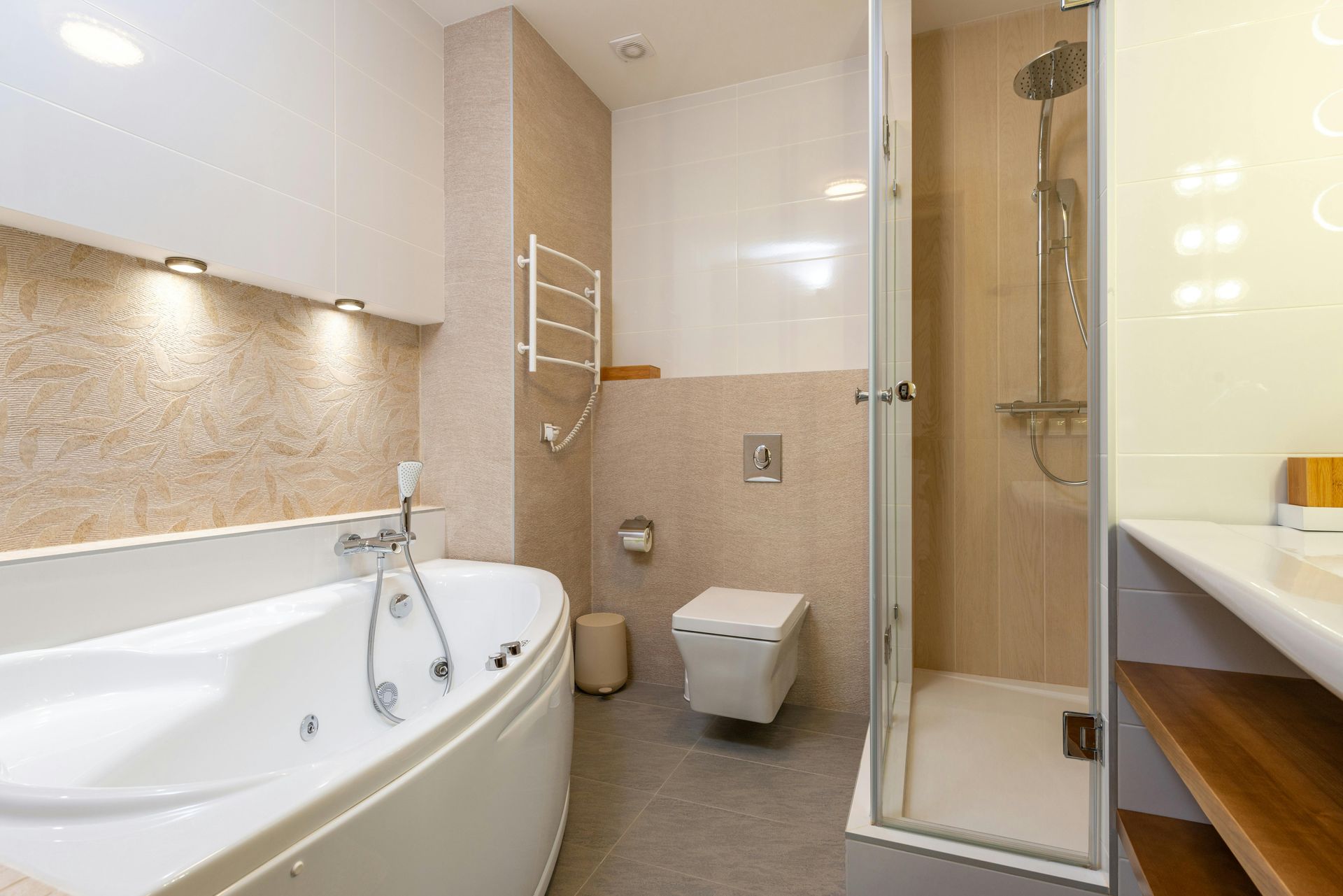When to Repair vs. Replace Your Sewer Line
Deciding whether to repair or replace your sewer line can be a challenging and significant decision for homeowners. Sewer line issues can stem from various causes, such as aging pipes, tree root intrusion, ground shifting, or accumulated debris. Each situation is unique, and the appropriate solution depends on factors like the extent of the damage, the material of your pipes, and your budget. A professional inspection is usually the first step in understanding the scope of the problem and making an informed choice. This comprehensive guide will explore when it’s better to opt for repairs versus a full replacement, and how to make the best decision for your property.
"What to Do If Your Sewer Line Backs Up"
Understanding the Severity of the Damage
The extent of the damage is a crucial factor in determining whether to repair or replace your sewer line. If the damage is localized, such as a minor crack or a small blockage caused by debris or tree roots, a repair is often sufficient. In these cases, techniques like trenchless pipe lining or spot repairs can effectively restore functionality without extensive excavation.
However, if the damage is widespread, such as severe pipe corrosion, repeated blockages, or a complete collapse of the sewer line, replacement may be the only viable solution. A replacement ensures that the problem is fully addressed and reduces the risk of future issues arising from the same section of the pipe.
Age and Material of the Sewer Line
The age and material of your sewer line play a pivotal role in deciding whether to repair or replace it. Older pipes made of materials like clay or cast iron are more prone to damage and deterioration. While repairing these pipes may temporarily resolve the issue, they are likely to experience further problems down the line due to their inherent fragility. In such cases, replacement with modern materials like PVC or HDPE, which are more durable and resistant to corrosion, is often a smarter long-term investment.
On the other hand, newer pipes that have suffered damage due to external factors, such as construction activity or tree roots, may be suitable for repairs. Repairing modern pipes can extend their lifespan without the need for a full replacement.
When to Repair vs. Replace Your Sewer Line
Deciding whether to repair or replace your sewer line can be a challenging and significant decision for homeowners. Sewer line issues can stem from various causes, such as aging pipes, tree root intrusion, ground shifting, or accumulated debris. Each situation is unique, and the appropriate solution depends on factors like the extent of the damage, the material of your pipes, and your budget. A professional inspection is usually the first step in understanding the scope of the problem and making an informed choice. This comprehensive guide will explore when it’s better to opt for repairs versus a full replacement and how to make the best decision for your property.
When to Repair
- The damage is confined to a small section of the pipe.
- The sewer line is relatively new and made of durable material.
- The issue is caused by a temporary blockage or a minor crack.
- You are looking for a quick fix to address immediate concerns.
- Trenchless repair methods can be used effectively.
When to Replace
- The sewer line is over 50 years old and made of outdated materials.
- There are multiple cracks or leaks throughout the pipe.
- The pipe has collapsed or is severely corroded.
- Tree roots have extensively damaged the pipe, making repairs impractical.
- You plan to stay in the home long-term and want a durable, long-lasting solution.
Long-Term Considerations
When weighing repair versus replacement, it’s essential to think about the long-term implications. While repairs are less expensive initially, they may not provide a permanent solution, especially for older sewer lines or those with recurring issues. A replacement, while more costly upfront, offers peace of mind by addressing the root cause of the problem and reducing the likelihood of future repairs. Additionally, modern sewer line materials and installation methods ensure better performance and durability, making replacement a worthwhile investment for homeowners planning to stay in their properties for years to come.
Cost Comparison: Repair vs. Replacement
The cost of repairing a sewer line is typically lower than replacing it, but this depends on the extent of the damage and the techniques used.
| Factor | Repair | Replacement |
| Cost | Lower, ranging from $500 to $5,000 depending on severity. | Higher, ranging from $3,000 to $25,000 based on the project size. |
| Scope of Work | Focused on a specific issue or area. | Involves replacing the entire sewer line or large sections. |
| Longevity | May last several years but doesn’t guarantee no future issues. | Provides a long-term solution with modern materials. |
| Time Required | Typically completed in a day or two. | Can take several days, especially if excavation is required. |
| Disruption to Property | Minimal, especially with trenchless methods. | High, unless trenchless replacement is used. |
Indicators for Repair
Opting for repairs is often the best choice under the following circumstances:
- The damage is confined to a small section of the pipe.
- The sewer line is relatively new and made of durable material.
- The issue is caused by a temporary blockage or a minor crack.
- You are looking for a quick fix to address immediate concerns.
Trenchless repair methods, such as pipe lining or pipe bursting, are minimally invasive and can be highly effective in addressing localized damage. These methods reduce excavation, saving both time and money while preserving your landscaping and property.
Indicators for Replacement
A full sewer line replacement is advisable in situations such as:
- The sewer line is over 50 years old and made of outdated materials.
- There are multiple cracks or leaks throughout the pipe.
- The pipe has collapsed or is severely corroded.
- Tree roots have extensively damaged the pipe, making repairs impractical.
- You plan to stay in the home long-term and want a durable, long-lasting solution.
Replacement may involve traditional excavation or trenchless methods, such as horizontal directional drilling, depending on the condition of your property and the sewer line layout.
Professional Evaluation Is Key
Ultimately, the decision to repair or replace your sewer line should be guided by a thorough evaluation from a licensed plumber or sewer specialist. They will use advanced diagnostic tools, such as video camera inspections, to assess the condition of your sewer line and recommend the best course of action based on your specific situation. With their expertise, you can make an informed decision that balances cost, convenience, and long-term benefits.


